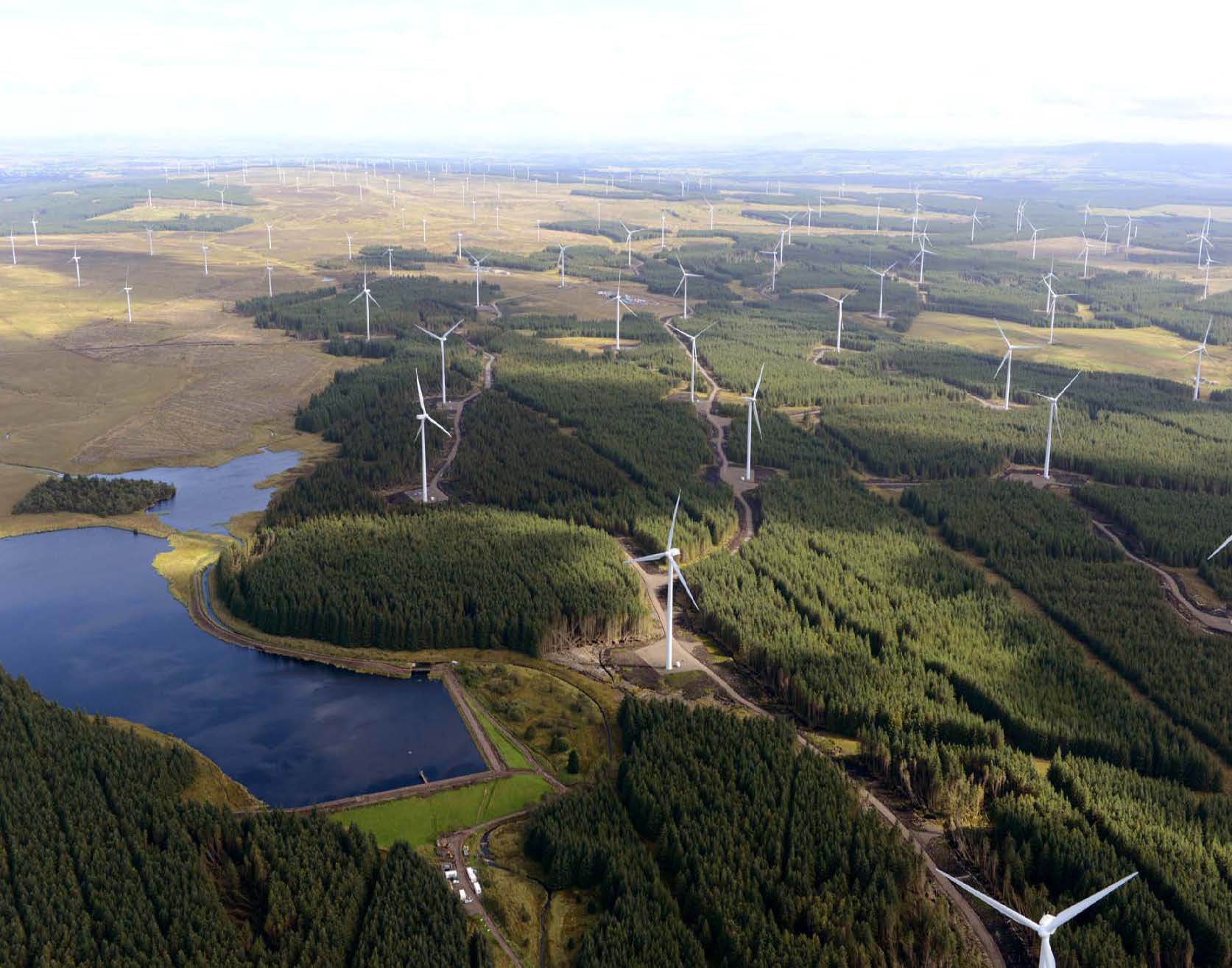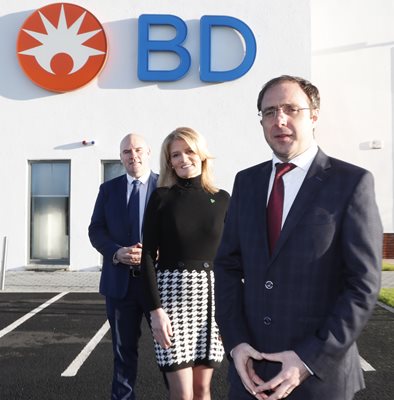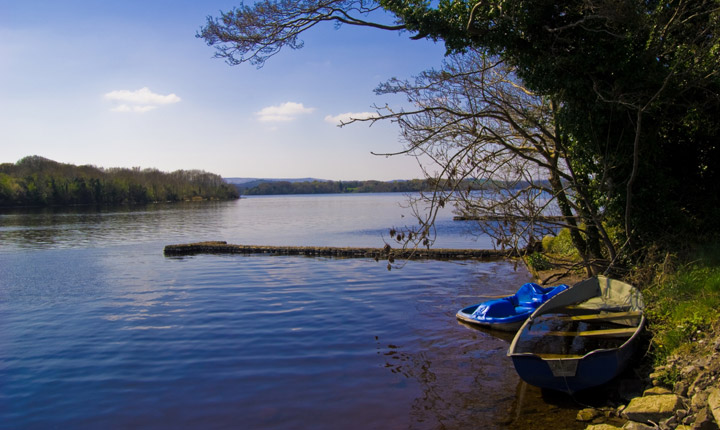The EPA’s ‘State of the Environment’ Report gives Ireland a good scorecard when compared to our European counterparts. However, the EPA Director General warns that transformational changes are needed to deal with climate change and other risks to our health and natural environment.
The EPA today launched its sixth State of the Environment Report. The Report, produced every four years, provides an overview of the condition of our waters, air and natural resources and the impact of the main economic sectors on the environment. Speaking at the launch, Laura Burke, Director General of the EPA said that the overall state of the environment is ‘good’ – but a highly qualified good, and that the State and all citizens need to act quickly to protect what we now have.
“Overall, there are many positives in the Report and people can take heart from those” said Ms Burke. “Relative to our European neighbours, our water quality is broadly good. So is our air quality. But when you get into the detail, you see that at local level, there are many worrying signals warning us that we are in danger and we need to act with a much greater sense of urgency.”
Addressing the link between a clean environment and our health, Ms Burke said, “A healthy environment is essential for the health of our population and for economic success. We have made progress in many areas over the last 20 years, but we are still losing much of what is positive, beautiful and economically valuable about our environment. We are now seeing how vulnerable we are to climate change as an island nation. Our air quality may rate well by European standards but there is no safe level of air pollution. In years to come, the pollution of our air from vehicles or burning fuels will be seen as being on a par with tobacco smoking. It has direct health consequences with over 1,200 premature deaths every year from exposure to particulate matter in Ireland.”
Water quality in Ireland compares favourably with our European neighbours. However, there has been a dramatic reduction in the number of our pristine rivers, the best of the best, with 21 sites now classified as such compared to over 500 in the late 1980s. Nature is also under threat. Recent assessments show that just over a half of all the species in Ireland protected under the EU Habitats Directive are in a favourable condition. And only 9 per cent of the protected habitats that many species need to survive are in a favourable condition. The report says that species like the Corncrake, the Curlew and the Freshwater Pearl Mussel may become no more than a memory if this degradation of habitats continues. Invasive alien species threaten Ireland’s biodiversity and a co-ordinated all-Ireland approach is needed to deal with this growing problem.
Ireland has improved its waste infrastructure with a tenfold increase in recycling since 1996. Economic recovery, however, is causing an increase in consumption that is driving waste levels up again; food waste alone, for example, costs Irish families on average €700 per year. Litter at a local level and in the marine environment is also an enduring problem associated with our throwaway culture.
Ms Burke addressed the need for urgent implementation of legislation, and ever more focused enforcement activity: “Poor implementation of legislation is a problem with tangible consequences. It generates regulatory uncertainty for industry and it can harm both the environment and human health. We face EU complaints in relation to drinking water and urban waste water treatment. This isn’t about Europe making unreasonable demands on Ireland. It’s about making sure that, at a minimum, for example, the water we drink, or the water we swim in will not make us sick.”
Commenting on the need for transformational change, she said: “Ireland has a great deal to gain by becoming a leader in the move to a low-carbon and resource-efficient economy. We can capitalise on our natural advantages. And we can promote rapid decarbonisation by other countries. This will help reduce the costs and the impacts of climate change. But what is absolutely clear is that we are at a crossroads and the choices we make now will have implications for the future of humanity.
“The fossil age is over”, Ms Burke said, “and we are all now aware of the consequences of our large-scale consumption of coal, gas and oil over the past two centuries. All citizens now need to be positively engaged in the move to resource-efficiency, changing the way we work, the way we travel, heat our homes, produce our food and use our purchasing power.”













